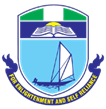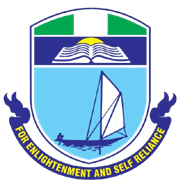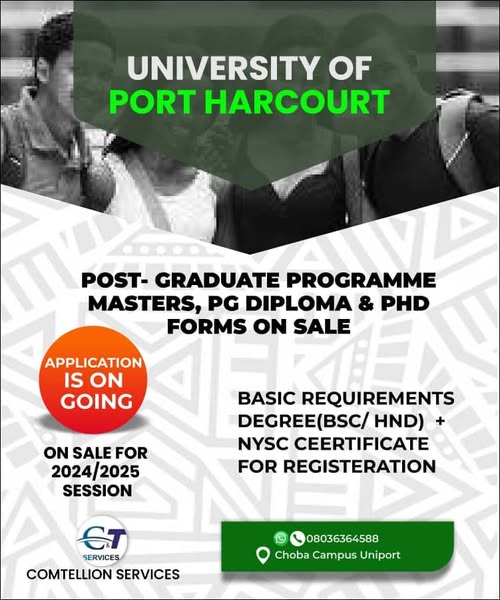DEPARTMENT OF FISHERIES
Dr. Davies Ibienebo Chris
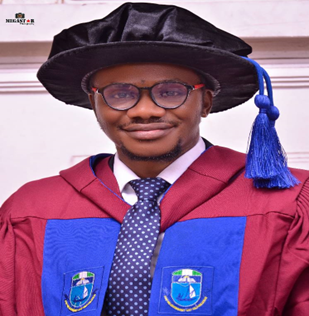
Dr. Davies Ibienebo Chris
PhD, Lecturer, Department of Fisheries, University of Port Harcourt
Davies Ibienebo Chris is a dedicated fisheries scientist and lecturer with extensive knowledge of aquatic ecosystems and environmental sustainability. He holds a PhD in Fisheries and Hydrobiology, specializing in aquatic geno-ecotoxicology, and has been a faculty member at the University of Port Harcourt since 2016. In addition to water quality, fish production, and climate change impacts on aquatic systems, he teaches fisheries science and environmental management.
Dr. Davies’s research focuses on heavy metal contamination and ecotoxicology in coastal ecosystems of Nigeria. His work, published in numerous international journals, has contributed significantly to understanding environmental hazards in the Niger Delta region. He actively collaborates with local and international organizations on environmental impact assessments and sustainability projects, including mangrove conservation initiatives.
Beyond his research and teaching, Dr. Davies serves as a peer reviewer for environmental journals and holds memberships in professional bodies like the Fisheries Association of Nigeria, Nation Registry of Environmental Professionals (NREP, USA) and is a Fellow of the International Science Community Association (ISCA-FC-765). Dr. Chris also serves as a Research Fellow at INTI International University, reflecting his commitment to global research collaborations. In addition to his teaching and research. He remains committed to advancing environmental education and supporting sustainable fisheries practices within and beyond Nigeria.
Professor Amiye Francis
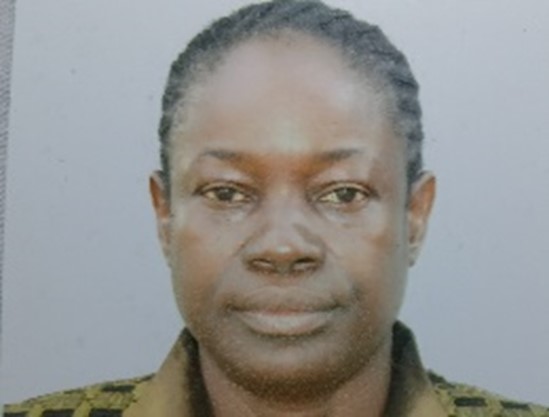
Professor of Fisheries Management at the University of Port Harcourt, made significant contributions to fisheries science and education.
Pioneer Acting Dean and Associate Dean, Faculty of Agriculture, also, founding Head, Department of Fisheries in 2014. Her visionary leadership laid the foundation for advancing teaching, research, and learning in the Department of Fisheries. Chaired Faculty Agriculture Week for years; and numerous committees.
Fellow of the Fisheries Society of Nigeria, member of World Aquaculture Society and two others, Professor Francis has enjoyed a remarkable career encompassing teaching, research, and mentorship. Her research focuses on the sustainable management of aquatic resources, with emphasis on stock assessment of data-limited tropical fisheries; pioneered introduction of FiSAT in 2002 for analysis of fisheries data around Rivers State.
Over fifty (50) scientific publications, including peer-reviewed articles and books, making invaluable contributions to fisheries science and harnessing fisheries resources. Reviewer and examiner, upholds rigorous standards of academic and research excellence, emphasising innovation and entrepreneurship.
Supervised numerous undergraduate and postgraduate students, thus nurturing the next generation of fisheries scientists. Dedicated to promoting sustainable practices and ensuring the resilience of Nigeria’s aquatic resources in the face of environmental challenges, and reaping full potentials of its blue economy.
PROF. NENE AMABERE JAMABO
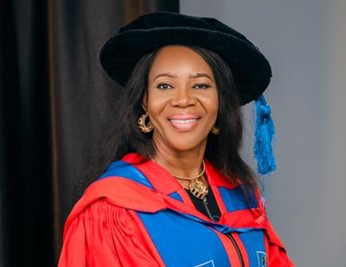
PROFESSOR NENE AMABERE JAMABO Ffs
B.Sc, M.Phil, Ph.D (RSUST)
Professor Nene Jamabo (nee Williams), a Professor of Aquaculture, in the Department of Fisheries, University of Port Harcourt, Rivers State. She joined the services of the University of Port Harcourt in 2005 and has been actively engaged in teaching and research activities, serving in different administrative positions and community works. Professor Jamabo´s professional experience is extensive and progressive. She is a fellow of Fisheries Society of Nigeria and was the 4th Vice National President of Fisheries Society of Nigeria. She is a member of the World Aquaculture Society and Pan African Fish and Fisheries Association. Her research area includes sustainable aquaculture, shell fish culture and coastal resources management. She has equally done extensive research on fish seed production for fresh and brackish water species. She is a core fisheries scholar as evidenced by her qualifications and training. Professor Jamabo’s area of research has endowed her much respect in her field of specialty. She was a visiting professor at Lilongwe University of Agriculture and Natural Resources, Malawi. She has published several works in both local and international journals and has received a number of academic and professional awards.
Dr Benamin U. Akpoilih
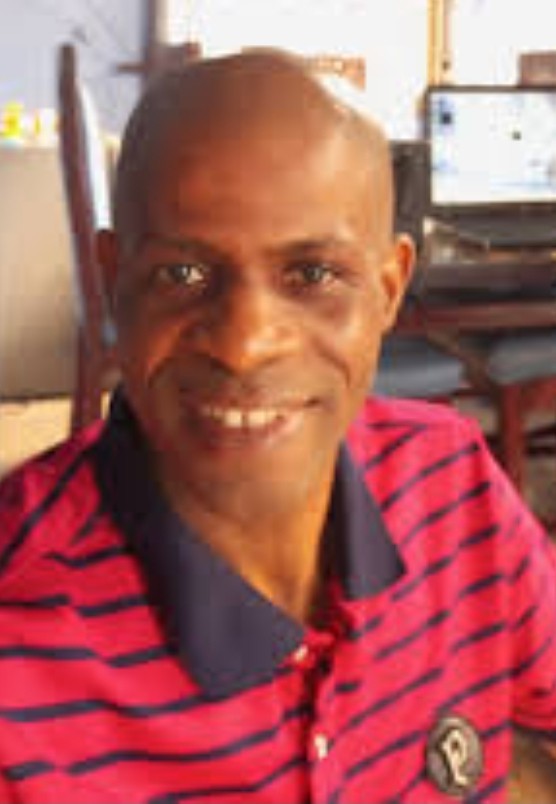
Dr. Benamin U. Akpoilih
Research gate: https://www.researchgate.net/profile/Benjamin-Akpoilih; Google scholar:https://scholar.google.com/citatitions?user=ZDHWlgAAAJ&hl=en;ORCID: https://orcid.org/0000-0001-7474-2750; Scopus ID: https://www. scopus.com/authid/detail.uri?authorld=57193605524; Research ID: https://researchid.co/uzezi
Dr. B.U. Akpoilih holds a Bachelor of Technology (B.Tech) Degree in Fisheries and Wildlife which he obtained from the Federal University of Technology, Akure, Ondo State in 2003. He bagged a Masters Degree (MSc) and Doctor of Philosophy (PhD) in Fisheries Management and Aquaculture in 2008 and 2017, respectively, from the University of Ibadan. He currently works in the Department of Fisheries, Faculty of Agriculture, University of Port Harcourt, where he conducts extensive research in the field of Aquaculture, specializing in aquaculture nutrition and fish physiology. His research focuses on optimizing fish diets to enhance the growth and overall health of various fish species, particularly Nile tilapia and African catfish. Dr. Akpoilih’s recent publications that have made significant contributions to the field of aquaculture, include evaluating the inclusion of phytase sources in phosphorus-free diets for GIFT tilapia, and the interactive effects of dietary phosphorus and microbial phytase on growth performance and welfare of Nile tilapia.
His research has been published in reputable journals (Q1 & Q2), such as the Journal of Applied Aquaculture, Journal of Animal Physiology and Animal Nutrition, Animal Feed Science and Technology, and Aquaculture. His studies are widely recognized for their practical applications in improving aquaculture practices and fish health management.
